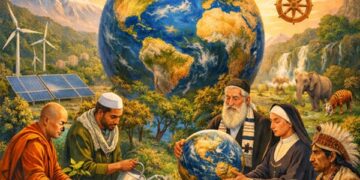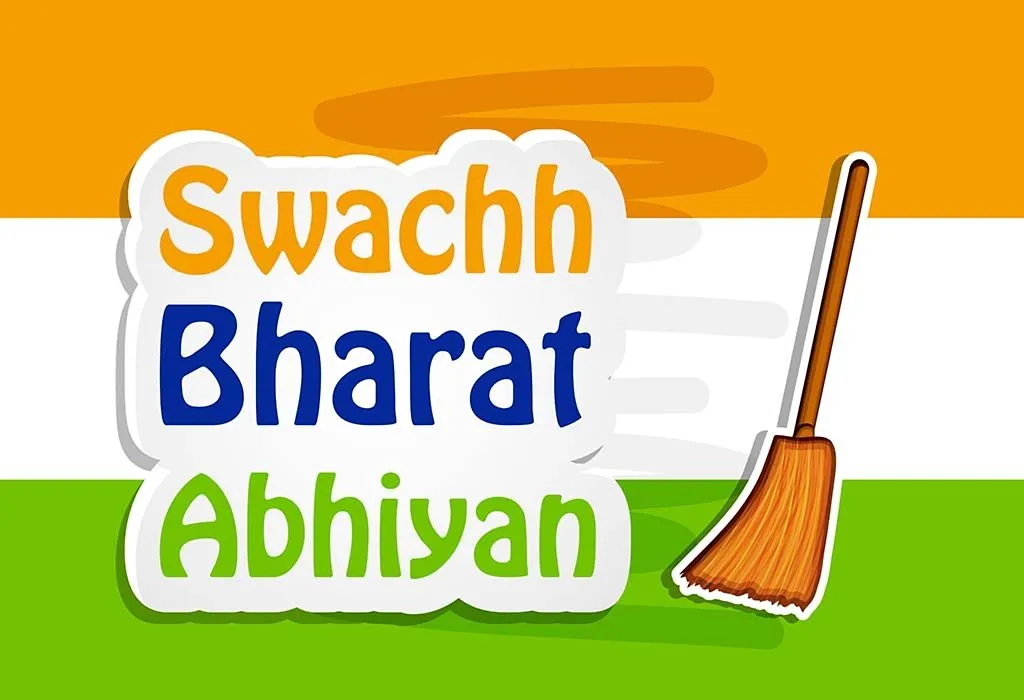By: Syed Maqbool Hussain
As with the Election Commission of India having announced the election schedule for 2024 Legislative Assembly Elections of J&K, this marks a pivotal moment for the region—a chance to move from a period of political uncertainty to one of democratic renewal. The entire Jammu and Kashmir prepares for its first assembly elections since the abrogation of Article 370 and 35A in August 2019, the political landscape of the region is undergoing a profound transformation. Massive election rallies and campaigns are underway and peoples’ participation in them are staggeringly high.
A Period of Transition: From Dissolution to Elections
The dissolution of the state assembly and the subsequent reduction of J&K to a Union Territory in 2019 ushered in a period of significant political upheaval. Many leaders were imprisoned, and the existing political structure was fundamentally altered. The abrogation of Article 370, which granted special autonomy to the region, and Article 35A, which provided special rights to residents, led to widespread uncertainty and disillusionment. Political leaders who were once seen as stalwarts of regional governance found themselves sidelined or irrelevant, as their parties struggled to maintain their influence. In this context, the forthcoming elections represent a critical juncture. The region, grappling with the fallout of these changes, is now looking toward the restoration of democratic governance as a beacon of hope for stability and progress. The electorate’s desire for a functioning political system has grown stronger as they face challenges like high unemployment and economic stagnation.
One of the most significant developments in the lead-up to these elections is the participation of former separatists and groups that had previously opposed the electoral process. The Jamaat-e-Islami, once a prominent player in the separatist movement, has now entered the electoral arena. Their decision to field candidates in districts like Kulgam, Shopian and other places indicates a shift in strategy from protest to participation. This change reflects a broader realization among former separatists that engaging with the political process might be a more effective way to address their concerns.
Previously, many separatist leaders had rejected the idea of participating in elections or engaging with the Indian political system. However, with the changing dynamics, some of these groups are now seeking to influence the political process from within, hoping to shape the future of Kashmir through democratic means.
Since the abrogation of Articles 370 and 35A, several new political parties have emerged, driven by dissatisfaction with traditional parties like the National Conference (NC), Peoples Democratic Party (PDP), and Congress. These new parties aim to offer fresh alternatives but struggled to make a significant impact in the Lok Sabha elections held recently. The poor performance of these new entities, coupled with the frequent defection of leaders from one party to another, has led to a sense of instability and fragmentation in the political landscape.
Many leaders who switched parties or formed new ones have struggled to regain their previous stature. Those who attempted to return to their original parties often found themselves sidelined, as established parties preferred to field new faces. This dynamic highlights a crucial shift: the electorate’s desire for renewal and genuine representation rather than recycled political figures.
As the election campaign heats up, political parties are unveiling their manifestos, each promising to address the pressing issues facing J&K. The PDP, for example, has committed to advocating for diplomatic initiatives between India and Pakistan, restoring trade across the Line of Control (LoC), and revoking contentious laws such as the Public Safety Act (PSA) and the Armed Forces Special Powers Act (AFSPA). Their manifesto, titled ‘People’s Aspirations,’ also includes promises for a regional free-trade area and improved economic conditions.
The NC has similarly focused on social and economic reforms, pledging to repeal the PSA, create one lakh jobs, and provide benefits like free LPG cylinders to economically weaker sections (EWS). They also promise free travel for women in public transport, release of political prisoners, and easing passport verification processes. These promises reflect a keen awareness of the need for economic development, social security, and political stability.
The electorate’s response to these promises and the overall political climate will be crucial. After years of political turmoil and economic distress, the people of Kashmir are looking for leaders who can provide tangible improvements in their daily lives. The high unemployment rate and economic stagnation have made it clear that voters are seeking not just political representation but actionable plans for development and prosperity.
As Kashmir heads towards its first assembly elections post-abrogation, the region stands at a crossroads. The elections offer a chance to move beyond the legacy of conflict and discontent and embrace a future defined by democratic governance and development. With former separatists joining the political mainstream, new parties emerging, and traditional parties seeking to reinvent themselves, the political landscape is in flux.
For many, the transition from separatist sentiments to electoral participation represents a broader shift in the region’s political consciousness. The desire for peace, stability, and a better quality of life has led to a focus on democratic processes as a means to achieve these goals. This election will not only determine the future of Kashmir’s governance but also reflect the region’s readiness to engage with the democratic process. The outcome will be a testament to the resilience of the people of Kashmir and their hope for a better, more stable future.



